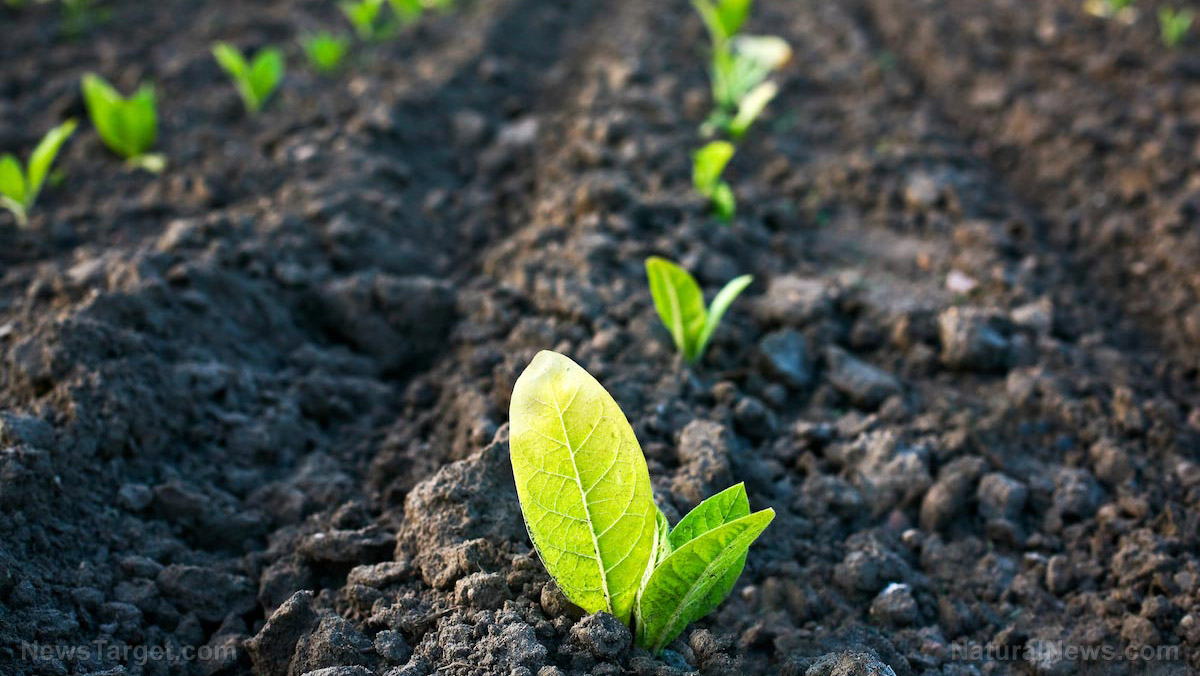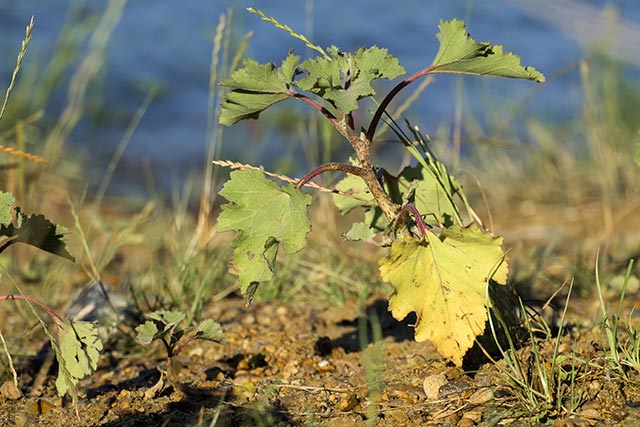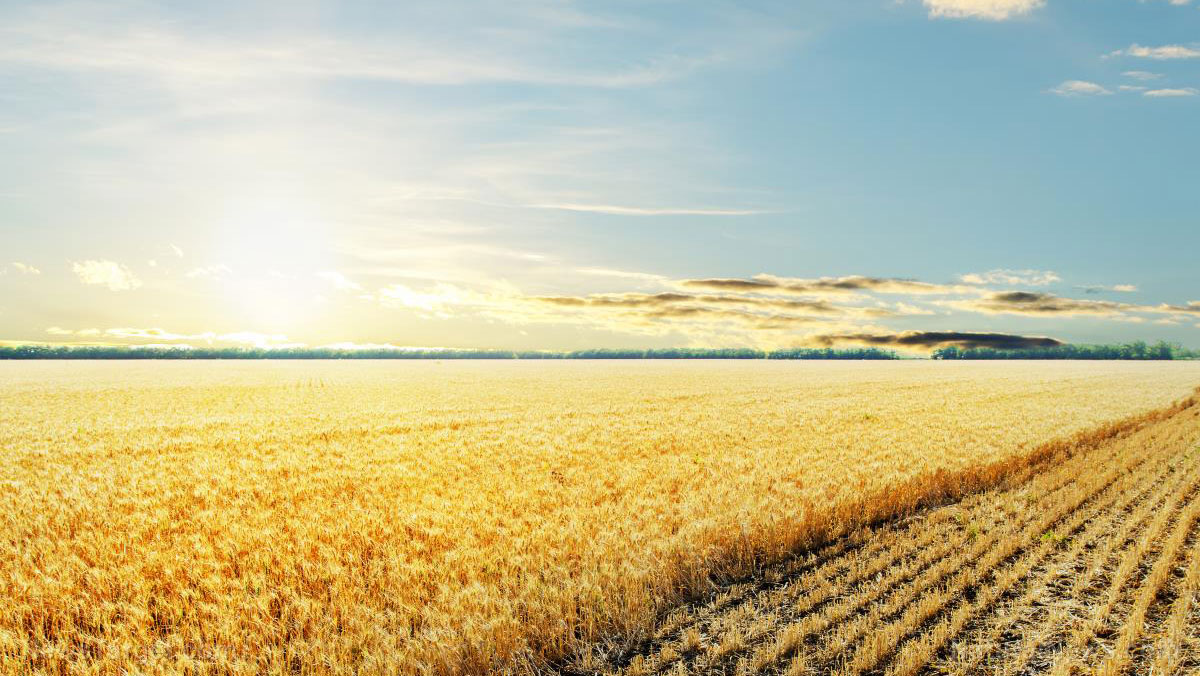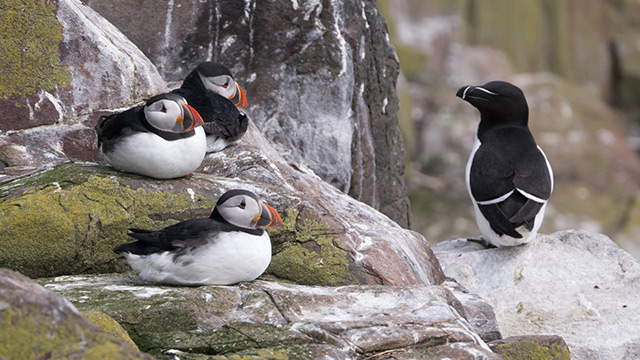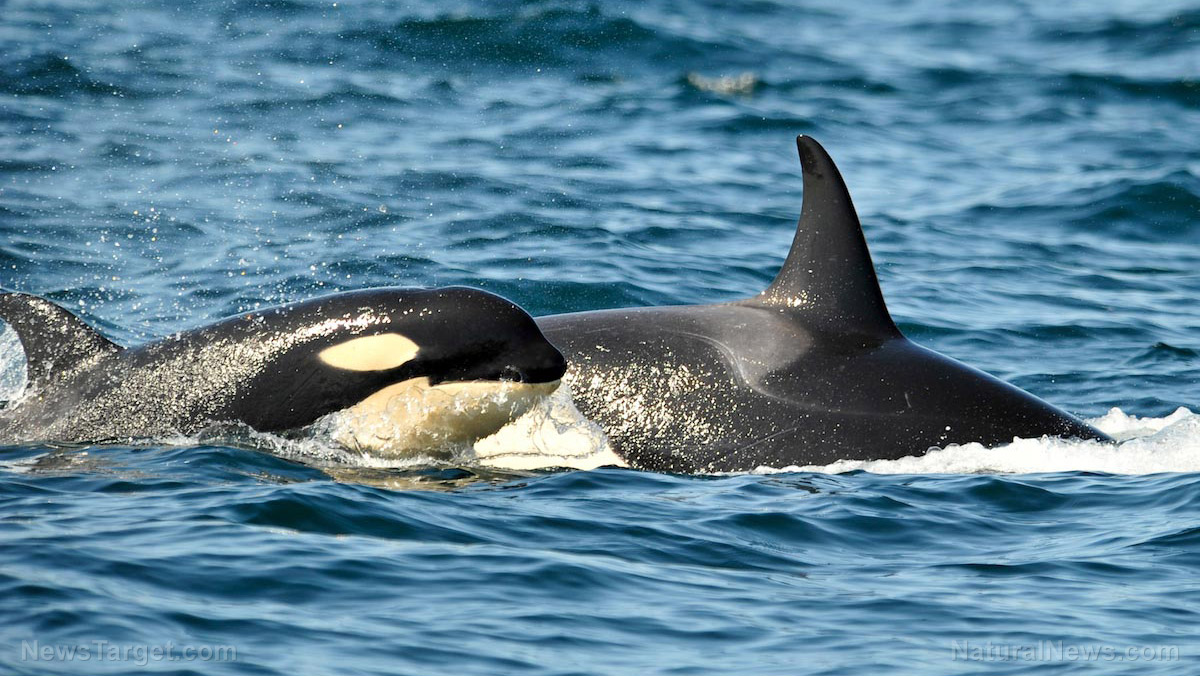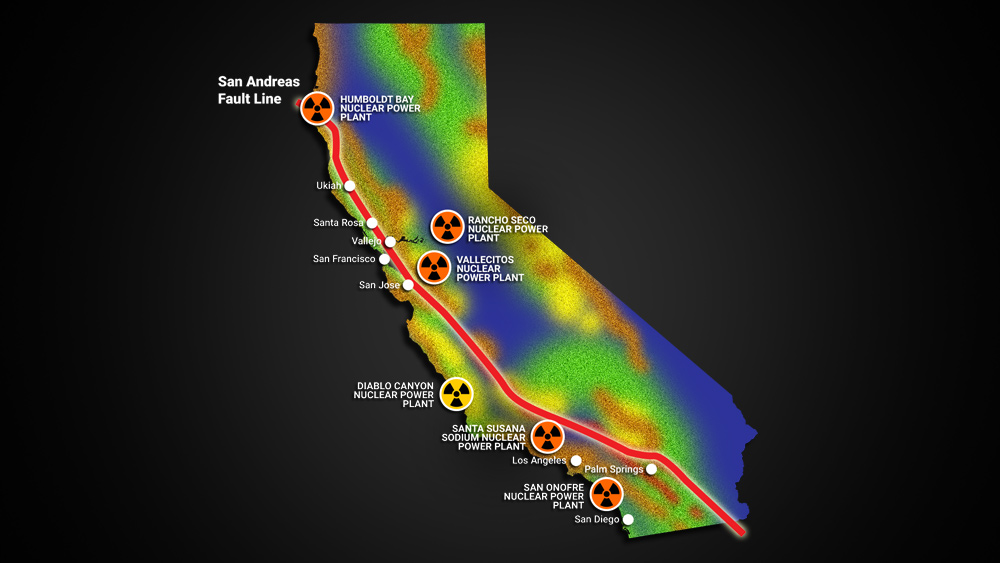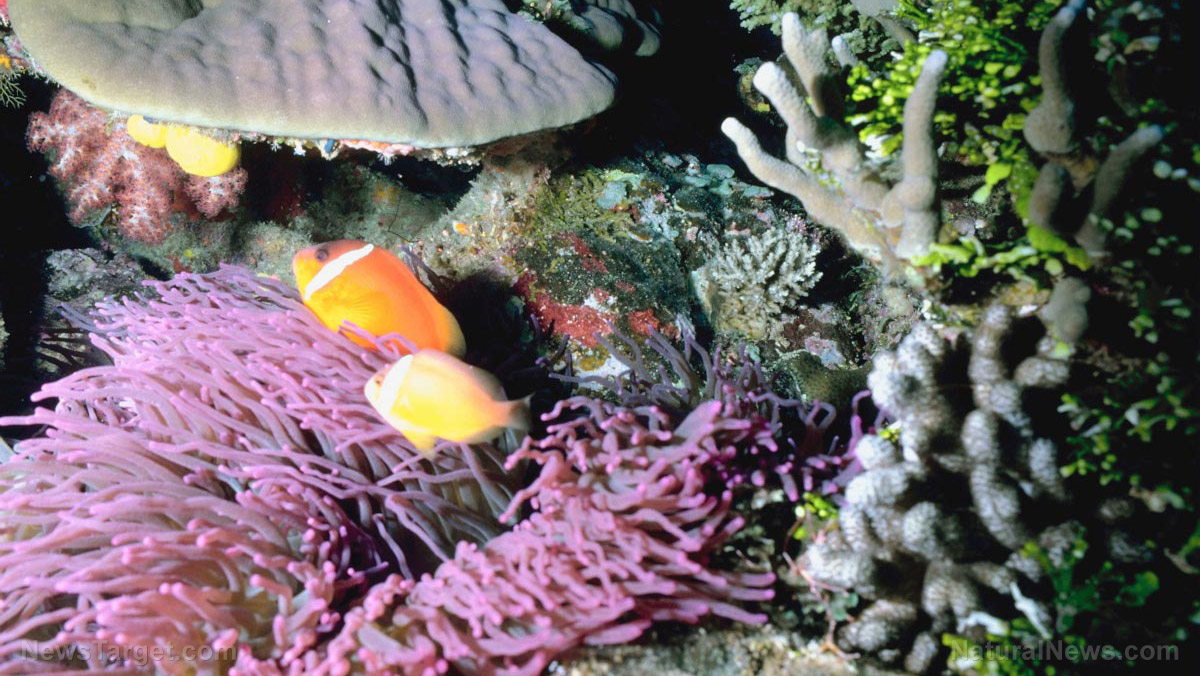New research examines the potential damage that crude oil exports will inflict on salmon populations in Canada
02/12/2019 / By Edsel Cook

A recent study from the University of Guelph in Canada warns that the country’s plan to expand its crude oil exports is bad news for local populations of commercially important salmon — and that’s not even factoring in the dangers of a floating derrick or an oil tanker suffering a disastrous oil spill.
In the research, lead author Sarah Alderman and her team evaluated Canada’s plans to massively increase the amount of crude oil it exports to other nations and calculated its probable effects on salmon populations near the areas that will host the new oil infrastructure. Based on her findings, she expressed concern with the looming expansion of the Canadian crude oil industry, saying that it carries a higher risk for a major accident. An oil spill on the same level as the Exxon Valdez or Deepwater Horizon disasters, for instance, would be devastating to the local environment. If a large amount of crude oil got into the waters and soil, it would cause all kinds of short-term and long-term health problems for both humans and animals.
Alderman described her findings at a health science conference held by the American Physiological Society (APS) in New Orleans. (Related: Fracking gas wells linked to migraines, fatigue and chronic nasal problems… are people being mass poisoned by airborne chemicals?)
Canada’s new crude oil pipelines will cut through salmon spawning grounds
Crude oil is the unprocessed form of petroleum that occurs in nature. Even in its unrefined form, it’s a complicated cocktail of various chemicals, almost all of which have toxic effects on organic lifeforms.
Canada controls the third biggest deposit of crude oil in the world. The bitumen in the oil sands of Athabasca provides 98 percent of the country’s available supply, and almost all of its exports go to the United States. In a bid to increase its profits, the Canadian government wants to increase the supply of crude oil that it can sell to other countries. It will construct new pipelines and extend existing networks like the Trans Mountain Pipeline in Alberta. When the “Expansion Project” of the Trans-Mountain pipeline is completed, it will connect Alberta and the West Coast seaports of British Columbia. The new pipes will also cut through habitats that salmon visit to spawn the next generation of fish.
Crude oil pollution will harm salmon populations in Canada and the Atlantic
Alderman and her colleagues from two other universities in Canada investigated the effects of crude oil on the health of salmon that are migrating upriver to traditional spawning areas and nurseries. These regular salmon runs are important for the species itself and for various other animals that feed on them.
“These fish spend parts of their life in both freshwater and the ocean, and our research is critical for finding out whether exposure leads to changes in the physiology or performance of the salmon that would impair their ability to move between these environments,” she stressed in her study.
Her efforts identified the sub-lethal effects of crude oil on the animals. Exposed salmon displayed changes on the molecular and tissue levels that could hamper the fish’s famous ability to migrate from freshwater bodies to the sea and back, as well as its lesser ability to acclimate to saltier or fresher waters.
Furthermore, juvenile fish exposed to crude oil at an early stage of their development suffered ill effects further down the line. A contaminated fish could be transferred to clean water, only to still die several months later.
Crude oil will also alter the brain of the animal, and the negative effects remain evident a year after exposure. Alderman recommended testing salmon to see if an animal has been contaminated by toxic oil pollution.
Sources include:
Pembina.org [PDF]
Tagged Under: Canada, crude oil, environment, oil industry, salmon populations, wild salmon, wildlife
RECENT NEWS & ARTICLES
COPYRIGHT © 2017 ENVIRON NEWS

